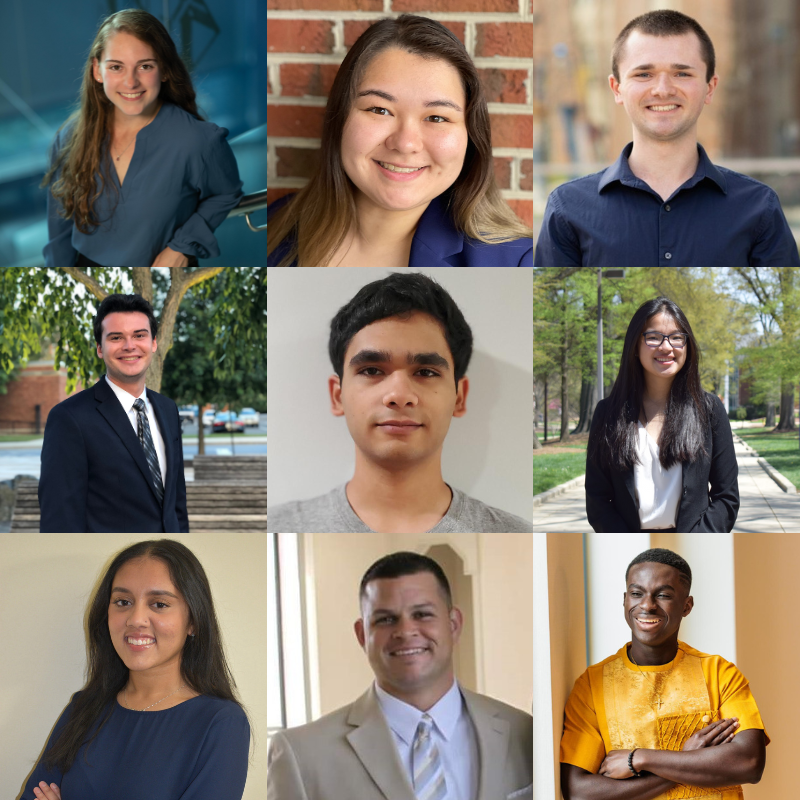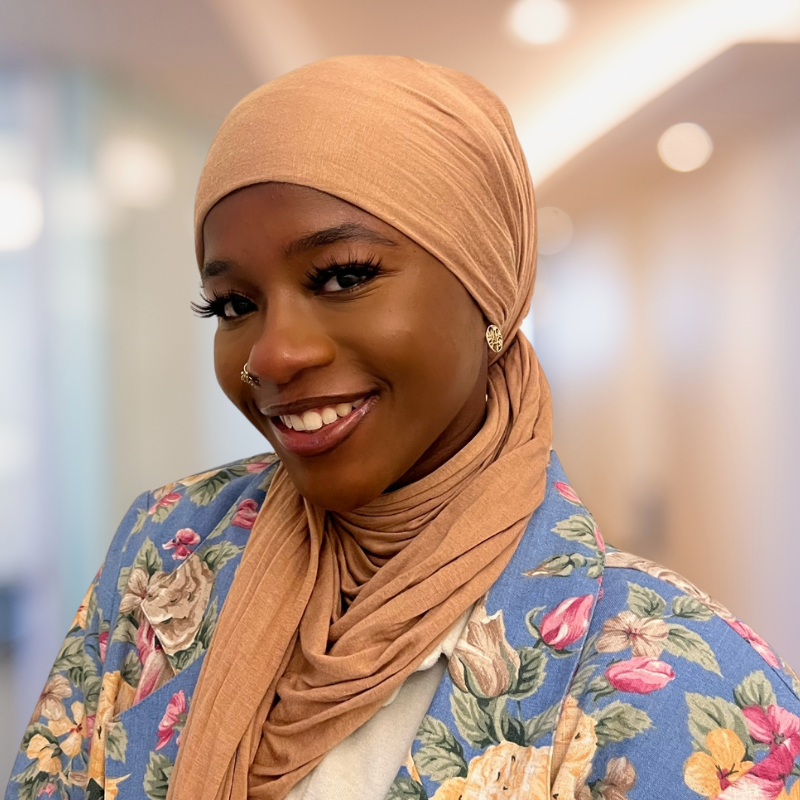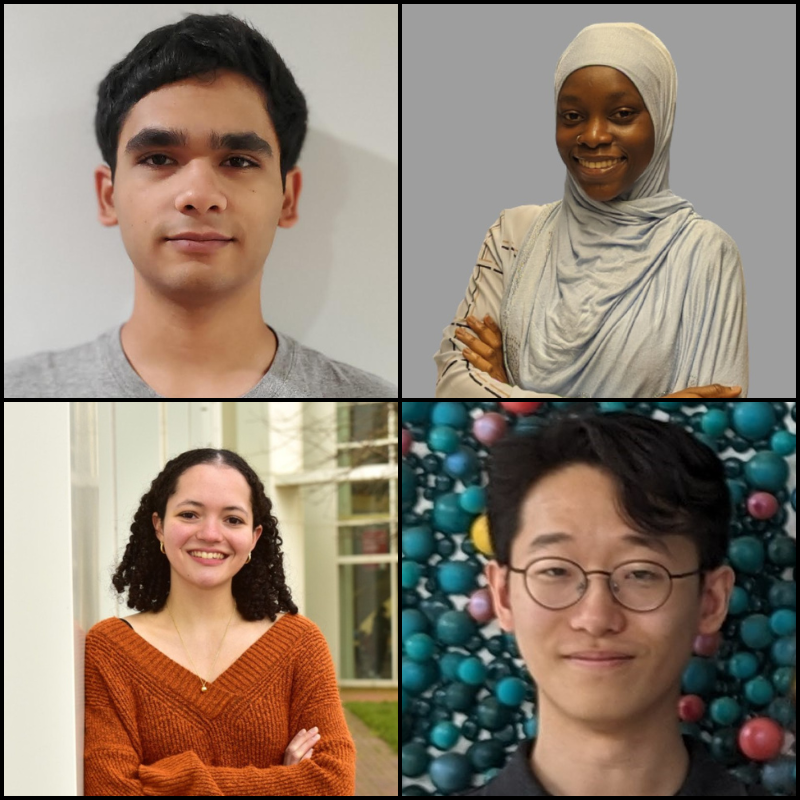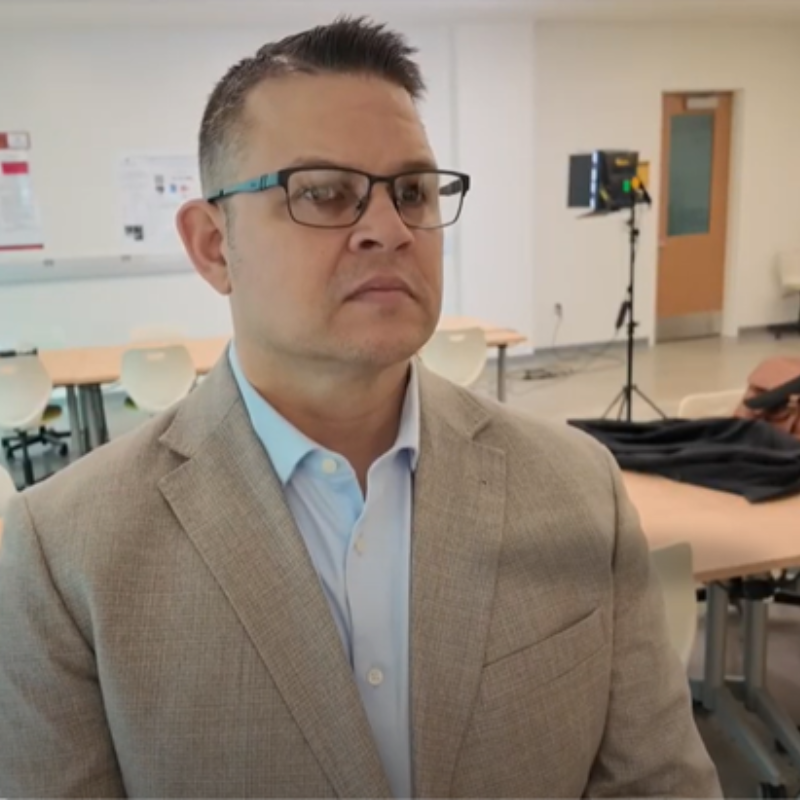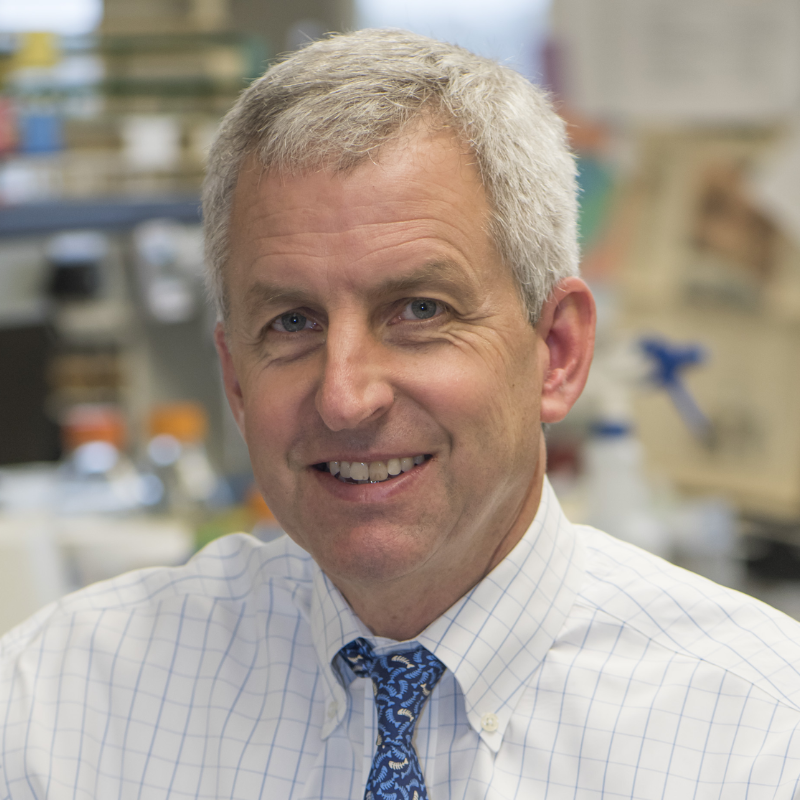News Story
Dana Motabar is Awarded the W.H. Peterson Award for Best Student Oral Presentation
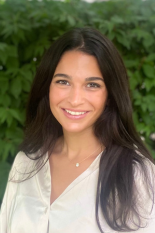
Dana Motabar, a recent Ph.D. graduate of the Fischell Department of Bioengineering (BIOE) and a member of Fischell Institute Director Bill Bentley's Biomolecular and Metabolic Engineering Laboratory, was recently awarded the prestigious W.H. Peterson Award for best student oral presentation, which she delivered at the 2022 American Chemical Society (ACS) National Meeting. This award is given to only one student nationally every year.
Motabar's presentation, titled “Mediated electrochemistry to rapidly interrogate redox-based antibody modifications,” focused on one of the branches of her dissertation research that she conduct while at BIOE.
"I feel extremely honored and grateful to receive this recognition,” she said. “It means a lot to me to be recognized for our work."
Motabar became interested in science, technology, engineering, and math (STEM) as a potential career path when she started an internship at the National Institute of Standards and Technology (NIST) during her senior year of high school. From that experience, she had her first opportunity to work in a lab and plan her own research project.
"It was something that I enjoyed and found challenging," she explained. "It is a big reason why I decided to pursue bioengineering in college.”
After graduating with her bachelor's degree in bioengineering in 2013, Motabar decided to obtain her master’s degree to continue gaining hands-on research experience and further her education.
After graduating with her master's in bioengineering in 2015, she worked at AstraZeneca, a global, science-led biopharmaceutical business, for three years, where she supported developing and optimizing purification processes for biologics.
While Motabar enjoyed her time at AstraZeneca, she decided that continuing her education would allow her to better contribute in an industry role moving forward. So, in 2018, she returned to UMD to pursue her Ph.D. and rejoined the Bentley lab.
Motabar noted that her Ph.D. experience made her a better scientist. She had the opportunity to learn how to plan and lead research projects independently. Beyond just research skills, she has also learned how to communicate her research findings more effectively to both technical and non-technical audiences.
"I am extremely privileged to have had the opportunity to work for Dr. Bentley. I am grateful for everything he has done to help me improve as a scientist, communicator, and person," she said.
Motabar's focus for her dissertation research was the development of electrochemical-based analytical tools that can be used for bioprocessing applications. She had two major aims of her research.
First, she aimed to develop electrochemical sensors that can help rapidly characterize critical quality attributes of antibody therapeutics.
Her second goal was to apply a mediated electrochemical probing (MEP) approach (developed in the Greg Payne and Bentley labs) to characterize antibody structural changes due to redox events that can occur during bioprocessing. It was for this portion of her research that she received recognition from the ACS Division of Biochemical Technology in 2022.
At the 2022 ACS National Meeting, Motabar presented findings on the mediated electrochemical probing of reduced and oxidized monoclonal antibodies. She and her research group found that their approach can sensitively and rapidly characterize when antibodies have undergone redox events (interchain-disulfide bond reduction or methionine oxidation) that can occur during bioprocessing and manufacturing.
"My past work experience motivated me to work on projects more focused on solving issues related to biopharmaceutical production and manufacturing," Motabar explained.
During her Ph.D., Motabar worked on the National Institute for Innovation in Manufacturing Biopharmaceuticals (NIIMBL) and Advanced Mammalian Biomanufacturing Innovation Center (AMBIC)-funded projects focused on solving issues related to biopharmaceutical production.
Motabar's future goal is to continue developing new medicines and therapeutics for diseases to help treat patients worldwide. Starting next month, she will work at the pharmaceutical company AbbVie Inc., as a Senior Scientist in the Cell Culture Development Group.
"I am extremely excited about my new job as I think it will be a new challenge that will allow me to continue to improve as a scientist," she said.
Outside the lab, Motabar enjoys cooking Persian dishes, baking desserts, traveling to national parks, and being a "plant mom" to over 60 plants.
Published July 20, 2023
